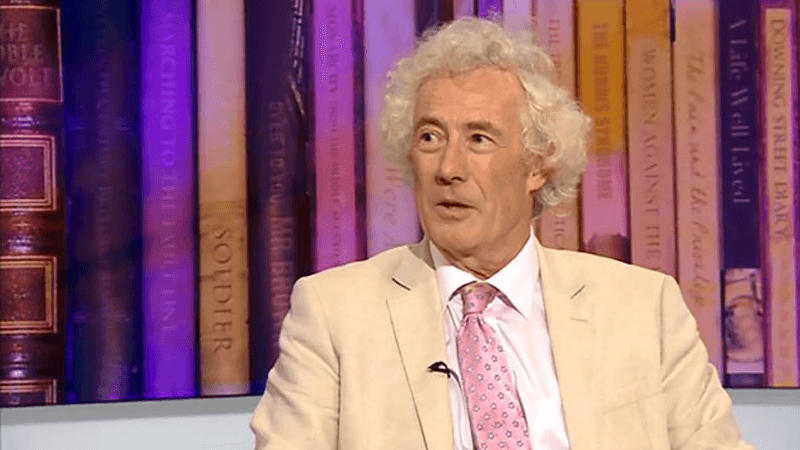The Government’s Online Safety Bill risks suppressing free and open debate on the internet, a former senior judge has warned.
Lord Sumption, who sat on the UK Supreme Court between 2012 and 2018, branded the under-fire Bill “a patronising abuse of legislative power” .
In a scathing piece for The Spectator, the legal expert described the 214-page document as a “complex paperchase of definitions” that will “invite misunderstanding” and promote censorship.
Vague
Sumption, also an author and historian, argued that the “real vice of the bill is that its provisions are not limited to material capable of being defined and identified”.
The “new category of speech which is legal but ‘harmful’”, he contended, embraced an almost infinite amount of material, “the only limitation being that it must be liable to cause ‘harm’ to some people.
“Unfortunately, that is not much of a limitation. Harm is defined in the bill in circular language of stratospheric vagueness.”
Harm is defined in the bill in circular language of stratospheric vagueness.
Censorship
He continued: “If the bill is passed in its current form, internet giants will have to identify categories of material which are potentially harmful to adults and provide them with options to cut it out or alert them to its potentially harmful nature.”
Consequently, Lord Sumption said, social media companies would be faced “with the need to find unidentifiable categories of material liable to inflict unidentifiable categories of harm on unidentifiable categories of people”.
Having been handed such a “subjective” test, and “threatened with criminal sanctions and enormous regulatory fines”, he concluded: “The only way to cope will be to take the course involving the least risk: if in doubt, cut it out.”
The Times view on the Online Safety Bill: A Threat to Freedom
Powers
The new powers the Bill afforded to Ofcom as regulator and the liberty given to the secretary of state to “specify categories” of material deemed harmful, also raised concerns for the former Supreme Court judge.
On the latter, he stated: “In a society which has always valued freedom of expression and dissent, these are powers which no public officer ought to have.”
He concluded: “We have to accept the implications of human curiosity. Some of what people say will be wrong. Some of it may even be harmful.
“But we cannot discover truth without accommodating error. It is the price that we pay for allowing knowledge and understanding to develop and human civilisation to progress.”
Next PM urged to ‘stand up for free speech’
David Davis: ‘Govt poorly understands its Online Safety Bill’
IEA: ‘Online Safety Bill raises significant free speech issues’
Lord Frost: ‘PM must prioritise an overhaul of the Online Safety Bill’


